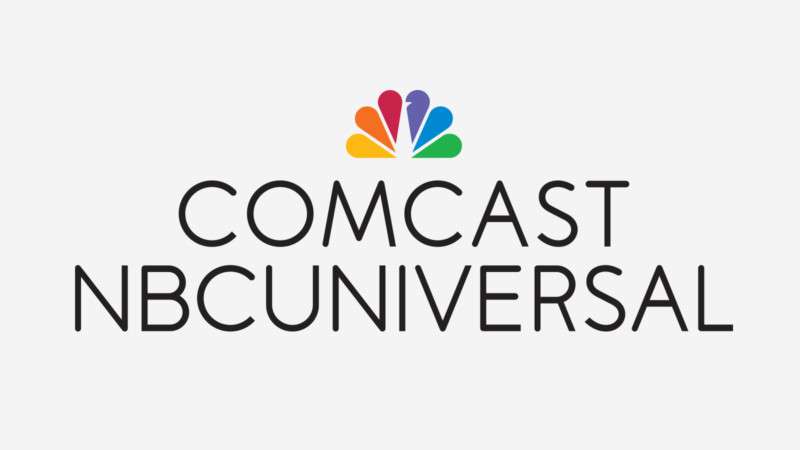by Joe Kleiman
On December 14, 2017 Disney announced that it would purchase film and television assets from 21st Century Fox, primarily under the Fox, Sky, FX, and National Geographic labels, for $52.4 billion in stock. This followed a bidding war with Comcast, which culminated when the latter company dropped its $60 billion offer on December 11.
However, Comcast was far from done. On April 25, it announced a $31 billion acquisition offer for Sky, the British satellite service 39% owned by Fox. Today, Comcast officially notified the European Commission of its bid for Sky, expediting the government review process. Many analysts believe Comcast’s bid for Sky is an effort to reduce Fox’s assets, overpricing Disney’s bid.
Yesterday, Greg Roumeliotis and Liana B. Baker reported in Reuters that Comcast is seeking a $60 billion financing facility to make an unsolicited all-cash counter-bid to Walt Disney for assets of 21st Century Fox. According to the article:
Comcast Chief Executive Brian Roberts only plans to proceed with the bid if a federal judge allows AT&T Inc’s planned $85 billion acquisition of Time Warner Inc to proceed, the sources said. The U.S. Department of Justice has opposed the AT&T-Time Warner deal over antitrust concerns, and a decision from U.S. District Court Judge Richard Leon is expected in June.
For both Disney and Universal, the benefit of acquiring Fox’s assets would be ownership of recognizable brands, film and television content for distribution across multiple platforms, and new avenues of distribution, such as Sky. The acquisition by either company provides new opportunities to utilize attractions and characters within a theme park environment as storytelling platforms for a franchise. For Comcast, which is much more reliant on licensed IP for theme parks than Disney, this eliminates the added hassle of licensing agreements or fees.
It is likely no coincidence then that Comcast’s moves on Sky and Fox coincide with the recent settlement of litigation by Comcast over property purchased south of the existing Universal Orlando Resort, which will now expand the resort by more than 700 acres, and a Wall St. Journal report that the budget on Universal Studios Beijing has now increased from $3.3 billion to over $6.5 billion.
READ INPARK’S STORY ON UNIVERSAL STUDIOS BEIJING:






